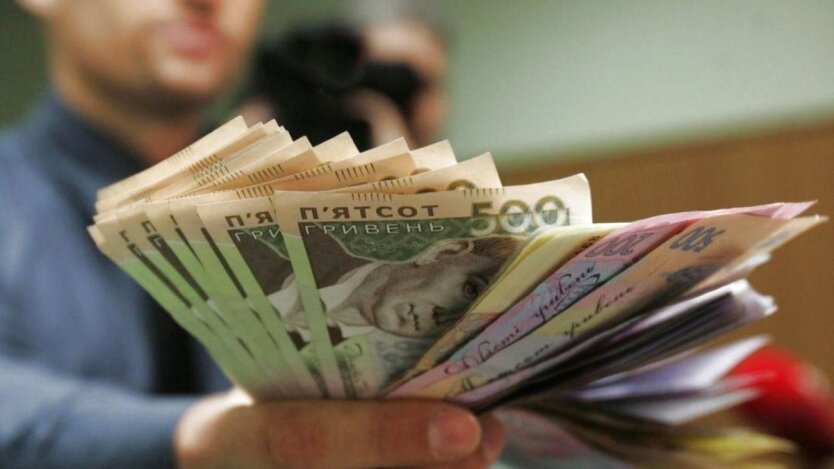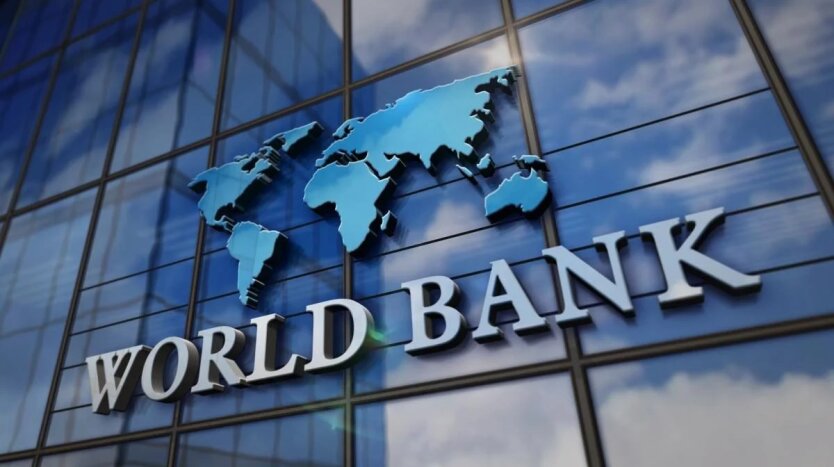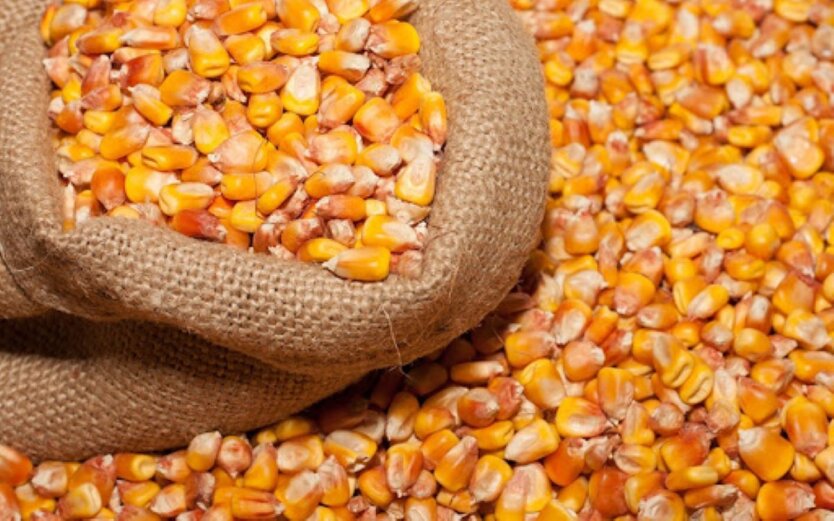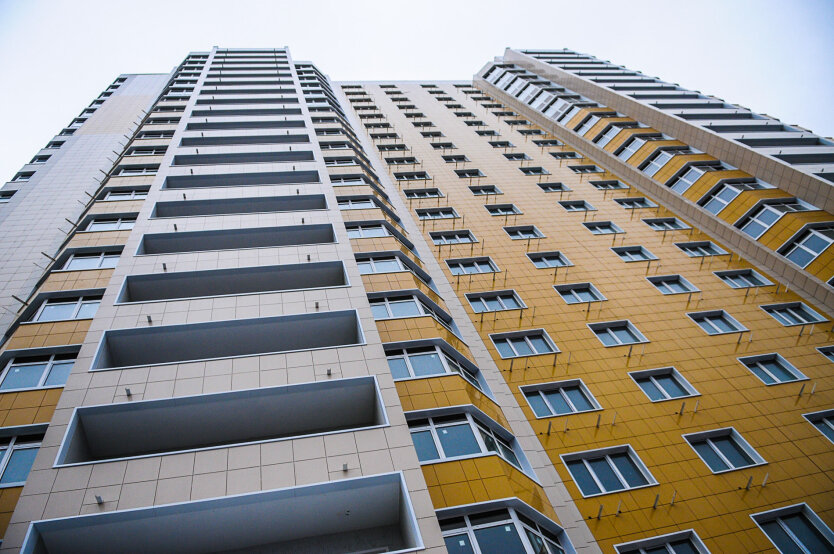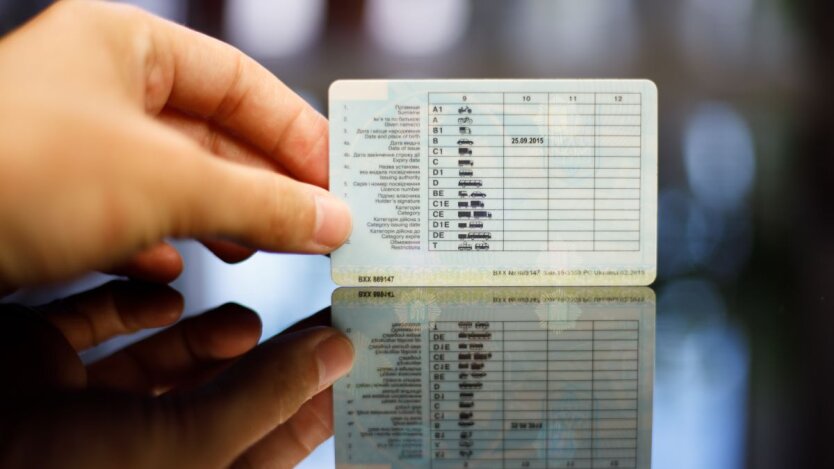Suspects in the murder of the Prime Minister detained.

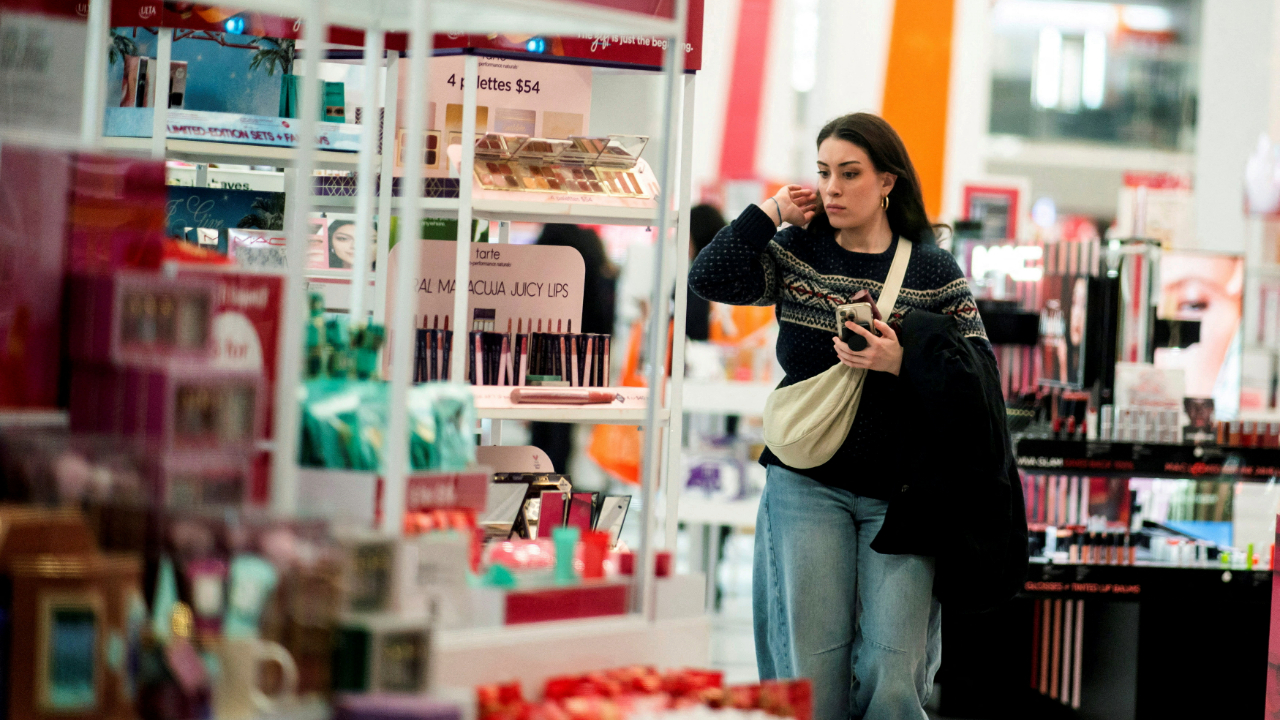
Retail sales in the US recovered in February
Retail sales in the US recovered in February, indicating continued economic growth in the first quarter. However, this growth is considered moderate as import tariffs and mass layoffs of civil servants negatively affect sentiment.
According to the US Department of Commerce, retail sales rose by 0.2% in February after a downward revision to a low of 1.2% in January. Economists surveyed by Reuters had forecast a 0.6% rise in retail sales, which mainly pertain to goods and do not account for inflation, following the previous month's statistics showing a 0.9% decline.
The drop in sales caused significant losses in the fourth quarter, winter storms in many parts of the country in January, as well as wildfires in California.
INFLATION SLOWED TO 2.8% IN FEBRUARY AHEAD OF THE FEDERAL RESERVE MEETING
But considering that consumer sentiment dropped to a nearly two-year low in March, growth is unlikely to be sustained.
The tariffs imposed by President Donald Trump that initiated the trade war have raised concerns about inflation, as well as job and income losses. These factors could trim consumer spending. Mass layoffs of civil servants as part of Trump's unusual campaign to reduce the federal government will also lead to a decrease in spending.
SECRETARY OF THE TREASURY SCOTT BESSENT: 'I AM NOT CONCERNED ABOUT INFLATION FROM TARIFFS'
Bank of America credit card data showed signs of weakening spending on discretionary items, such as restaurants, in February in the Washington metropolitan area, which includes parts of Maryland and Virginia. A stock market decline may limit spending, predominantly conducted by high-income individuals, while rising food prices could burden low-income individuals.
Secretary of the Treasury Scott Bessent expressed confidence that the economy may slow as it transitions from public spending to private spending, calling it 'a cleansing flow.'
Retail sales excluding automobiles, fuel, building materials, and food services rose by 1.0% in February after a downward revision to a decline of 1.0% in January. These so-called core retail sales most accurately reflect the consumer spending component of gross domestic product.
Economists expect that core retail sales will grow by 0.3% following the previous month’s statistics showing a decline of 0.8%. Significant slowing of consumer spending is expected in the first quarter compared to the November-December rate of 4.2% on a year-over-year basis.
The Federal Reserve Bank of Atlanta today forecasts a GDP contraction of 2.4%. However, most economists agree on a growth rate of 1.2% in this quarter. In the last quarter, GDP grew at a rate of 2.3%.
Read also
- New blow to wallets: a new jump in prices occurred in Ukraine
- NYT: World Bank Lowers Global Growth Forecast Due to US Trade War
- Grain exports from Ukraine have decreased by 20%
- No driving: drivers will have to retake the driving test
- Anarcho-collective system: expert harshly commented on the reform of the housing and communal services
- Important changes introduced for car owners from 6:00 am daily

